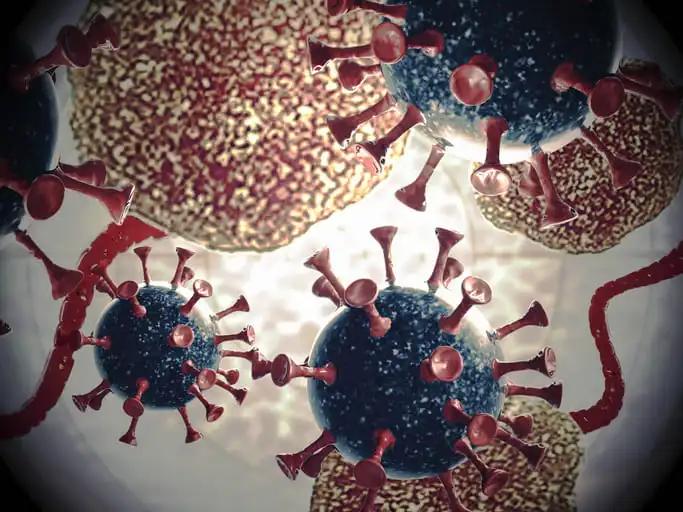KEY TAKEAWAYS
- The study aimed to Phenotype PN symptoms and identify a correlation with ctDNA variables.
- The study revealed an association between genomic alterations and heightened genomic instability, which can guide tailored treatment protocols.
Breast cancer (BC), particularly in its metastatic form, is associated with a range of psychoneurologic (PN) symptoms that significantly impact patients’ quality of life. Understanding the phenotypes of these symptom clusters can provide insights into their underlying mechanisms.
Susan C Grayson and the team aimed to phenotype the psychoneurologic (PN) symptom cluster in patients (pts) with metastatic breast cancer (mBC) and identify an association between those phenotypes with individual characteristics and cancer genomic variables from circulating tumor DNA (ctDNA).
Researchers enrolled 201 pts with mBC from western Pennsylvania and they emloyed a descriptive, cross-sectional design for the study.
Data related to symptoms was collected via the MD Anderson Symptom Inventory, and cancer genomic data were collected via ultra-low-pass whole-genome sequencing of circulating tumor DNA from participant blood.
Results revealed 3 distinct PN symptom phenotypes, described in a population with mBC: mild, moderate, and severe mood-related symptoms. BC TP53 deletion was significantly associated with membership in a moderate to severe symptoms phenotype (P = 0.013).
This association highlights a potential link between TP53 deletion and the severity of peripheral neuropathy symptoms in pts with mBC, suggesting a role for TP53 in symptom severity modulation and potentially influencing phenotype-guided therapeutic strategies.
The study concluded that the cancer genomic alterations, such as TP53 deletion were correlated with heightened genomic instability and predicted increased severity of peripheral neuropathy symptoms in pts with mBC. This insight can potentially guide tailored treatments or unveil novel therapeutics aimed at effective management of the severity of these symptoms.
The study was partly funded by Susan G. Komen and the Breast Cancer Research Foundation and the University of Pittsburgh Center for Research Computing through the High Throughput Computing Cluster, which is supported by the National Institutes of Health . Grayson was supported by the National Institute of Nursing Research grant.
Source: https://pubmed.ncbi.nlm.nih.gov/38950095/
Grayson S.C., Sereika S.M., Conley Y.P, et al., “The Psychoneurologic Symptom Cluster and Its Association With Breast Cancer Genomic Instability.” Oncol Nurs Forum. 2024 Jun 14;51(4):391-403. doi: 10.1188/24.ONF.391-403. PMID: 38950095.



